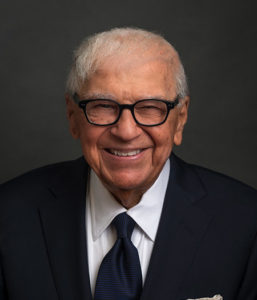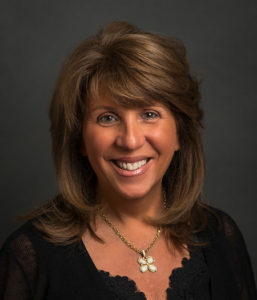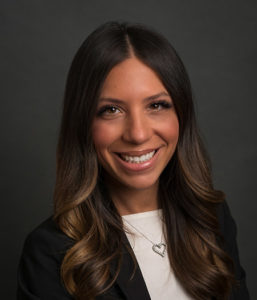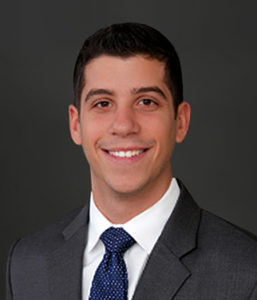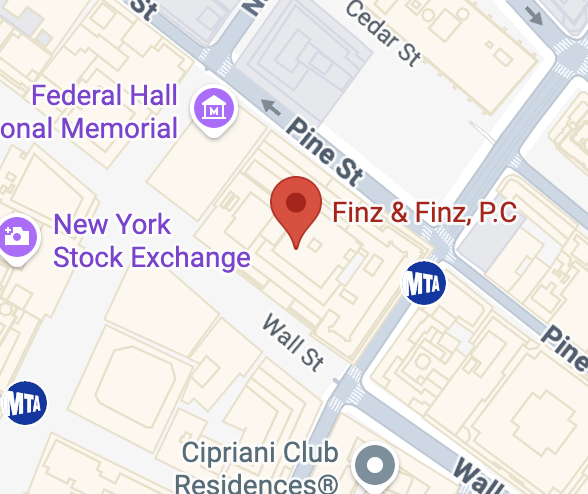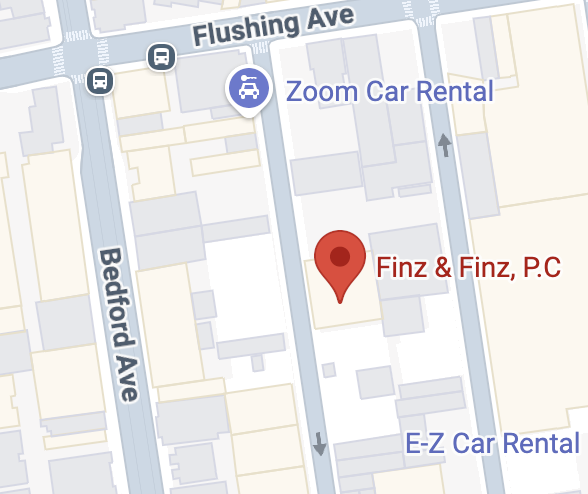Negligent Supervision Accident and Injury Attorneys in New York City
Negligent Supervision and Childcare in America
America has become a country where two-income households are the norm, where single parents are striving to provide the highest standard of living, they can for their child or children. Even households with a stay-at-home-mom often need a little childcare help on a week-to-week basis. Because of this, the number of situations where parents must put their trust in others to provide care for their children continues to increase.
The most common situation where a parent trusts a stranger to ensure the safety of their child is in public or private schools. Most schools provide care for at least seven hours a day, with direct care for the child shifting between teachers, teacher’s assistants, playground staff, cafeteria staff, and other school personnel. Each of these staff people must be competent and well-trained to tend to the welfare of the students.
School is not the only situation where parents place this level of trust. Other common childcare situations include:
- Church Sunday schools and youth groups
- Daycare and preschool
- Camps, including weekend camps, summer camps, and day camps
- Employment of nannies, babysitters, and other in-home caregivers
- Coaches for sports or authority figures in other organized play situations
As the list above makes clear, there are a multitude of situations where your child’s care and safety are dependent upon another adult. In these situations, it is reasonable to expect “adequate supervision.”
Adequate Supervision
When another individual takes responsibility for the supervision of your child, there are certain reasonable expectations you can make regarding the level of supervision your child will receive. Though not expressly delineated in certain states, and with different parameters in different jurisdictions, it is reasonable to expect the supervising adult will provide a level of supervision consistent with the need of the child. This means that the child’s capabilities will be the central governing factor in determining the level of supervision necessary.
There are a variety of factors regarding the child’s capability that bear on adequate supervision, including:
- The age of the child, as younger children as a general rule require more direct supervision
- The potential dangers of the environment and activity; children are more likely to suffer injury on playground equipment than in the lunch room, and loading a school bus in a busy parking lot is significantly more dangerous for children than working on math problems
- Interpersonal relationships; if the child is known to be the victim of bullying, an expectation of closer supervision is reasonable
- Developmental disabilities; children with a developmental disability often require closer supervision than other children
This is not an exhaustive list. There are many other factors that can play a determining role in what level of supervision is appropriate. The key concept is that, when we are trusting another individual with care of our child, we are trusting them to take all reasonable steps to prevent injury from occurring.
Negligent Supervision Accident and Injury Prevention
As a parent or guardian, there are steps you can take to limit the likelihood of an injury occurring due to negligent supervision. These steps are generally the same regardless of the situation, whether it be football practice, daycare, or church camp.
The first thing you can do is meet the people who will be taking care of your child. Never hesitate to ask questions. The more you can get a person to talk, the better you can understand that person’s personality and priorities. Speak to the person in charge, but also speak to the people who will be working directly with your child each day. When you speak with the person in charge, make sure you ask about things like background checks for employees and what safety protocols are in effect. When speaking with the people providing direct care, ask them their normal routines and what they do to make sure kids are safe. The people providing care shouldn’t be angry you are asking questions. They should be thankful you are taking an active role in your child’s safety, and if you help them discover and correct an issue that is to everyone’s benefit. This is also the opportunity to ask if there is any type of remote monitoring available, such as webcams you can watch from work or home to see how your child’s day is going.
The second thing you can do is tour the facility. For sports practice this is pretty simple, as a walk around the field will reveal a great deal of information regarding the safety of the area. A coach or other caregiver should be mindful of the safety of the environment. For schools and camps this can be a much more time-consuming endeavor, but it is often well worth it if you discover a potential issue before anyone is hurt. If possible, try to tour the facility while it is in operation. Observe the children and the playground monitors during recess. See for yourself how the daycare providers work with the children.
The third thing you can do is stay active in making sure things are safe. When you pick your child up from school (or when you see them after work), ask lots of questions about how their day went. Oftentimes you child will see or sense something that is dangerous, but not know exactly what or how to communicate. Opening those lines of communication keeps everyone safer. If you have the time, volunteer for a few hours in the Sunday School, or be a part-time assistant coach. Maximizing opportunities to monitor the supervision your child receives helps keep your child safe, and it can also be personally rewarding.
Legal Help for Negligent Supervision Victims in New York City
Balancing work life and home life is never easy, and parents can feel a great deal of guilt and fear when trusting others with their children. Parents do what they can to limit those feelings, and to ensure their child is safe on a day-to-day basis, but there is only so much a parent can do.
If your child has been injured or suffered an accident due to negligent supervision, it can be difficult to know how to proceed as you wrestle with your feelings regarding your child’s injury. As important as it is to work through these emotions, it is equally important that you hold the negligent to account for the injury their negligence caused. New York City accident lawyers at Finz & Finz, P.C., can help you build your legal case, by asking the proper questions to determine exactly how the events played out. Contact Finz & Finz, P.C., now, toll-free, at (855) TOP FIRM, or take a few minutes to fill out the Case Evaluation Form.



